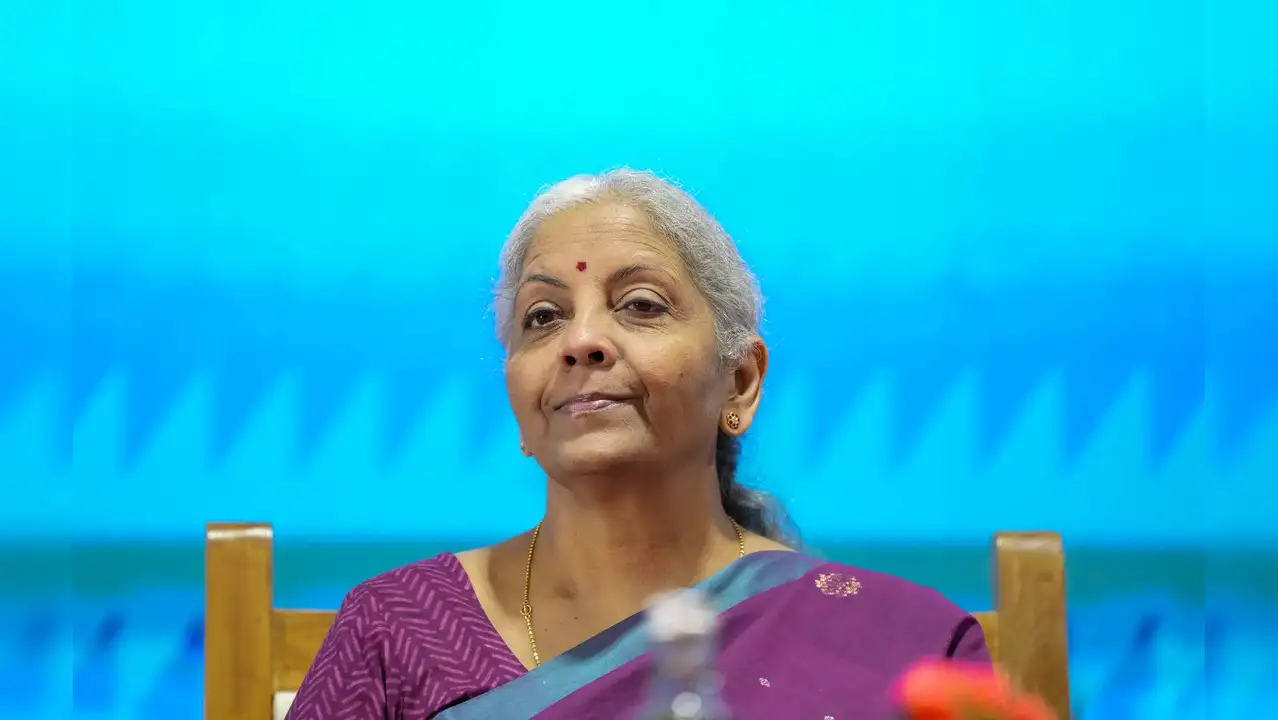By INEWS
Copyright inewsguyana

Minister of Home Affairs, Oneidge Walrond, has acknowledged that while Guyana has the necessary laws to address a wide range of crimes, enforcement remains a significant challenge.
Strengthening the implementation of these laws, she says, will be a key focus during her tenure as head of the country’s security sector.
For instance, when it comes to traffic violations, the minister pointed out that while tickets are being issued, oftentimes there are no follow-ups.
“…charges were not being laid,” she noted during an interview with media operatives on Wednesday.
While admitting that ultimately a culture change is needed among road users, Minister Walrond said “I believe also that enforcement has to play a major part and we are looking at that”.
She said stakeholders have to look at issues such as “suspension of licences and make sure there’s a follow-up because we have all these laws in place but are we following up to make sure they’re dispensed with so we can get the impact which we are looking for.”
Guyana’s Motor Vehicles and Road Traffic Act was amended a few years ago to include tougher fines and penalties for errant road users.
It introduced the offence of motor manslaughter, where a person causes the death of another by driving a motor vehicle while under the influence of a drink or drug to such an extent as to be incapable of having proper control of the vehicle. It also provides penalties for causing grievous bodily harm while driving under the influence of alcohol or a drug.
The amended law also introduced tougher penalties for those caught driving under the influence of alcohol (DUI). The penalty for driving while over the alcohol limit was changed from a $7500 fine to now $200,000, and the sentence from 12 months to 24 months.
Additionally, the penalty for driving under the influence and losing control of your vehicle has been increased from the $30,000 to $60,000 fine and 12 months imprisonment to now $200,000 fine for first-time offenders and $300,000 for second-time offenders. It also provides for a 12-month suspension of licence for persons convicted of DUI offences.
The Intoxicating Liquor Licensing Act was also amended to require liquor store owners and operators to exercise better judgement when selling alcohol. Specifically, they are required to discourage drinking and driving by refraining from selling alcohol to drunken persons who are likely to drive after leaving the business place. Additionally, they are be required to report to the police any person who is intoxicated and attempts to drive or is in charge of a vehicle.
Meanwhile, Walrond indicated that tougher enforcement of laws is needed across all areas, for instance, on the issue of getting illegal firearms off the streets.
“My concern as a former magistrate is now many of these are being prosecuted, what is the follow through? Because the criminals are not going to respond if it is that you’re not seeing full enforcement,” she noted.



